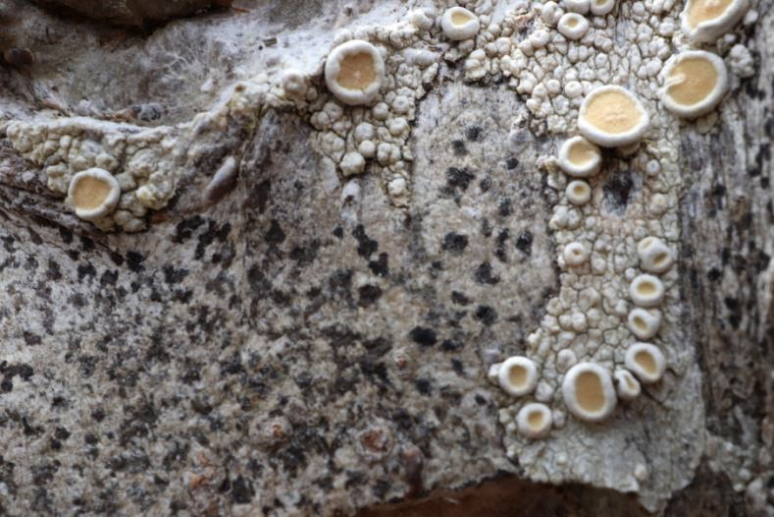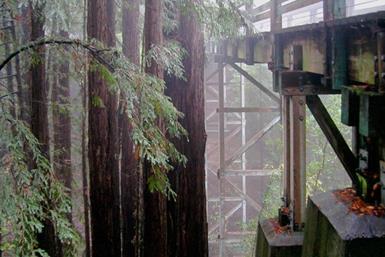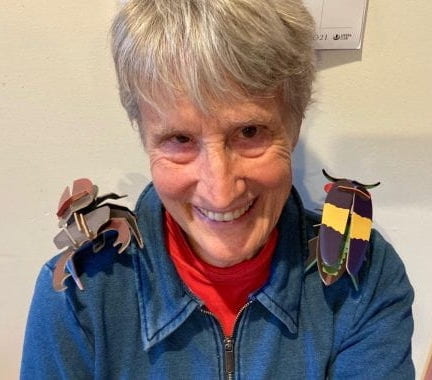2025 - 2026 Events
Reading the Conjecture with: Debbie Gould & Dimitris Papadopoulos (conveners), James Clifford, Camilla Hawthorne, Gail Hershatter, Laurie Palmer, & Vanita Seth
Co-sponsored by the Center for Cultural Studies
Wednesday October 29, 2025 | Time TBD
Humanities 1 Room 210
|
|
What a vital occasion it would be to receive intellectual gifts that enable us to better grasp our current socio-ecological moment, especially as many of us feel short of interpretations. We are inspired by Stuart Hall's conjunctural thinking, as we face a situation where intensive and condensed contradictions unfold—not from a single primary cause, but through intricate political and ecological, economic and cultural, social and geological articulations and re-articulations that shape the specificity of our present and reorder the coordinates of crisis and opportunity. This panel, along with the discussion that will follow, aims to be a moment of gift-giving—leaving behind conceptual, narratological, or visual gifts for those who seek to understand a present that is elusive and deeply troubling.
Participants:
James Clifford is Distinguished Professor Emeritus in the History of Consciousness Department
Deborah Gould is a Professor & Chair of the Sociology Department
Camilla Hawthorne is an Associate Professor of Sociology & Critical Race and Ethnic Studies
Gail Hershatter is a Research Professor and Distinguished Professor Emeritus in the History Department
Laurie Palmer is Professor Emeritus in the Art Department
Dimitris Papadopoulos is a Professor of History of Consciousness Department
Vanita Seth is Associate Professor in the Legal Studies Department
Past Events
Dark Matter, Dirty Xenon, and the Limits of Laboratory Experiments with Jaco de Swart
Co-sponsored by the Science & Justice Research Center
May 7, 2025 | 3 PM
Humanities 1 Room 210
|
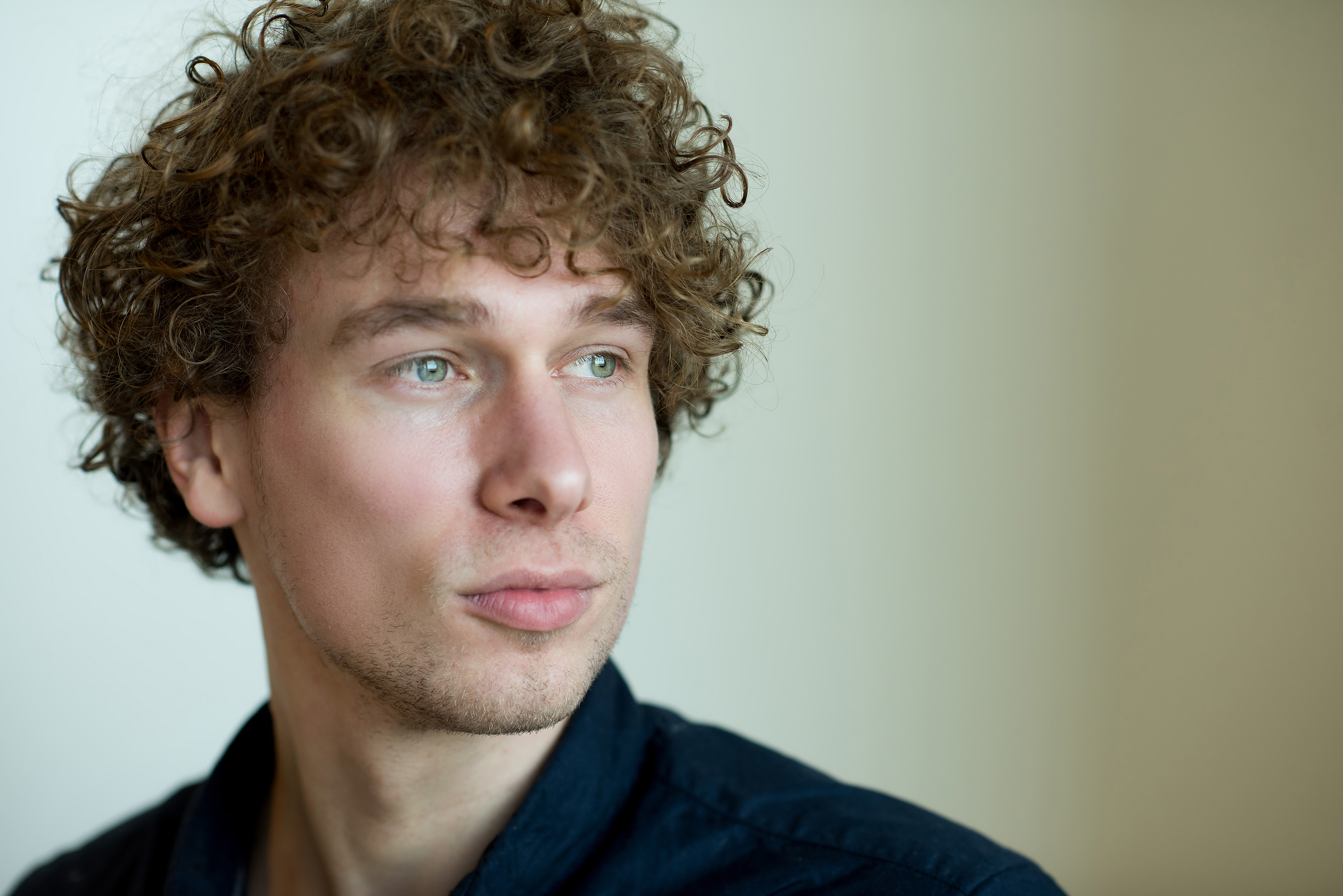
|
Laboratory sciences crucially depend on experiments being clean. But what is clean? In this talk, I open up versions of clean relating to different ontological registers, and trace the material practices of cleaning as they are attuned to experimental specificities. My case is the XENONnT experiment in the Gran Sasso Mountains of Italy which is meant to detect dark matter in the form the hypothetical WIMP – the Weakly Interacting Massive Particle. This experiment is clean when it is ‘free from signals that mimic dark matter’. In practice, such cleanliness has been difficult to achieve – soaps may be radioactive, steel may spread electronegativity, and humans are altogether dangerously filthy. And because, at least thus far, dark matter remains elusive, it is impossible to tell whether the meticulously cleaned detector is adequately clean. Additional cleaning efforts will make the detector sensitive to neutrino particles: a background that cannot be cleaned away. As the experimenters dread the possibility that this means their experiment will end in limbo, other physicists are now trying to detect other hypothetical dark matter particles with other kinds of experiments, requiring other kinds of cleanliness. The XENONnT experiment itself, meanwhile, has had to ensure that it does not interfere with environmental cleanliness, as per the demands of the surrounding society.
This work is done in collaboration with Annemarie Mol (University of Amsterdam).
Jaco de Swart is an AIP Helleman Postdoctoral Fellow at MIT’s Program in STS and Department of Physics, and a visitor at UCSC’s Science and Justice Research Center. He received his PhD at the Institute of Physics at the University of Amsterdam, was a postdoctoral researcher at the Amsterdam School for Social Science Research, and has held visiting positions at Princeton University and the Institute for Advanced Study. His research focuses on historical and anthropological studies of open problems in cosmology and he is currently writing a book on the history of dark matter under contract with MIT Press. De Swart is also a member of several physics collaborations to help develop social and environmental responsible research practices. He has a passion for science communication—appearing in PBS NOVA’s Decoding the Universe—and is bassist in the band X Raiders.
TechnoScience Improv with: Dimitris Papadopoulos (convener), Karen Barad, James Doucet-Battle, Kat Gutierrez, Maria Puig de la Bellacasa, Jenny Reardon, Warren Sack, Kriti Sharma, Matt Sparke, Zac Zimmer
Co-sponsored by the Center for Cultural Studies, Global and Community Health, and the Science & Justice Research Center
Wednesday April 23, 2025 | 12:15-2pm PST
Humanities 1 Room 210
|
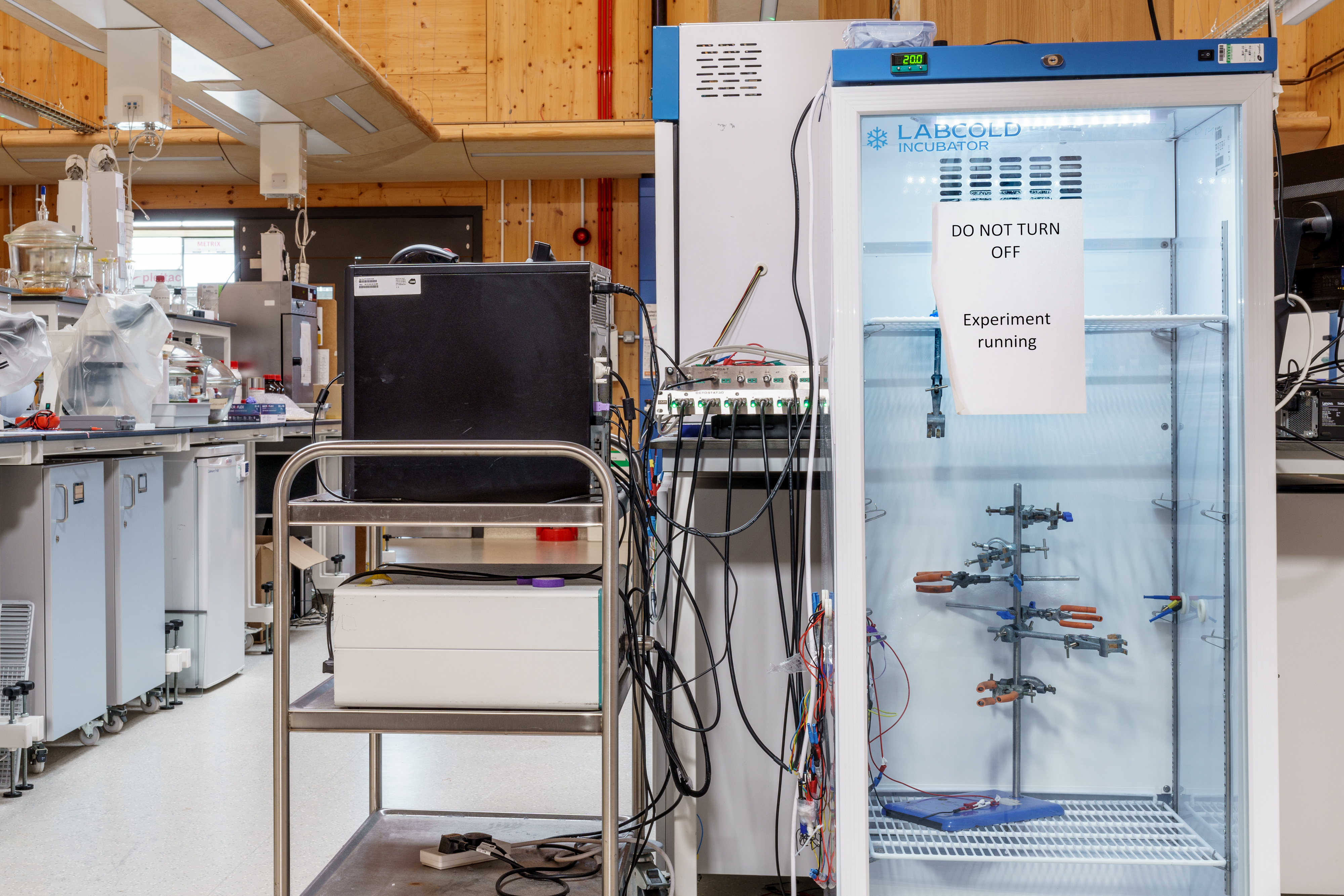
|
This roundtable improv brings together ten UCSC scholars working on social, historical, and cultural studies of science, technology and medicine. The event will be structured around eight open, improvised conversations. Rather than structured around formal talks, each conversation will start with a question from a different panelist exploring emerging practices, speculative transformations, and critical imaginings of technoscience, health and ecology.
Participants:
Karen Barad is Distinguished Professor of Feminist Studies, Philosophy, and History of Consciousness.
James Doucet-Battle is an Associate Professor in the Department of Sociology and Co-Director of the Science & Justice Research Center.
Kat Gutierrez is an Assistant Professor in the History Department.
Dimitris Papadopoulos is Professor of History of Consciousness in the Department of History of Consciousness.
Maria Puig de la Bellacasa is Professor of History of Consciousness in the Department of History of Consciousness.
Jenny Reardon is a Professor of Sociology and the Founding Director of the Science & Justice Research Center.
Warren Sack is Professor of the Software Arts in the Film + Digital Media Department.
Kriti Sharma is an Assistant Professor of Critical Race Science and Technology Studies in Critical Race and Ethnic Studies.
Matt Sparke is Professor of Politics in the Politics Department and Co-Director of Global and Community Health.
Zac Zimmer is an Associate Professor of Literature in the Literature Department.
As a conceptual frame to slow and redirect attention, The Lichen Museum invites you to zero in
on inhabitants of slowed, horizontal, colorful and complex worlds while imagining radical
possibilities for human being and relating. This walk invites participants to bend down and look
closely at inhabitants of the planet who are already doing things differently as part of the process
of imagining alternate futures for the rest of us.
A. Laurie Palmer writes, makes art, and teaches art at the University of California, Santa Cruz. Her
research-based work focuses on undoing and re-crafting human practices of relating with the
material world towards building just, livable, and joyful social and environmental relations.
Her most recent book, The Lichen Museum, explores lichens’ role as an anti-capitalist companion
and climate change survivor. Palmer also works in collaboration with activist groups in solidarity
across socioeconomic and racial difference in campaigns that employ imagination and art to
resist and interrupt social and environmental injustice. Palmer collaborated with the art
collective for twenty years on site-based installation projects, and was a founding member
of the Chicago Torture Justice Memorials Project (CTJM) from 2010 to 2015 . The work of CTJM
contributed to a broad-based campaign that won the first municipal Reparations for police
violence in the US. After being based in Chicago for 30 years, Palmer moved to Santa Cruz in
2015 where she helped start the new Environmental Art and Social Practice MFA program at
UCSC, an innovative, student-centered, graduate program focusing on environmental and social
justice.
A not to miss opportunity to explore the UC Santa Cruz Campus, on and off the footpaths with Professor Jim Clifford. We’ll wander among the trees, down in the ravines, out in the meadows. Pooling our different knowledges of environmental, social, cultural, technological and architectural history, we will try to disentangle the overlapping layers that constitute a unique environment.
Jim Clifford is Emeritus Professor in the History of Consciousness Department. Since his retirement he has photographed the campus, co-curated an exhibition about its history and published a book of Images and texts, In the Ecotone, that evokes the site’s “poetics of space,” its planning/design history, and its utopian potential (PDF found here).
Toxic Realism: 222 Photographs in 44'33'' with Dimitris Papadopoulos
Co-sponsored by the Center for Cultural Studies and History of Consciousness: earth ecologies x technoscience
Wednesday May 8, 2024 | 12:15pm – 1:30pm
Humanities 1 Room 210
|
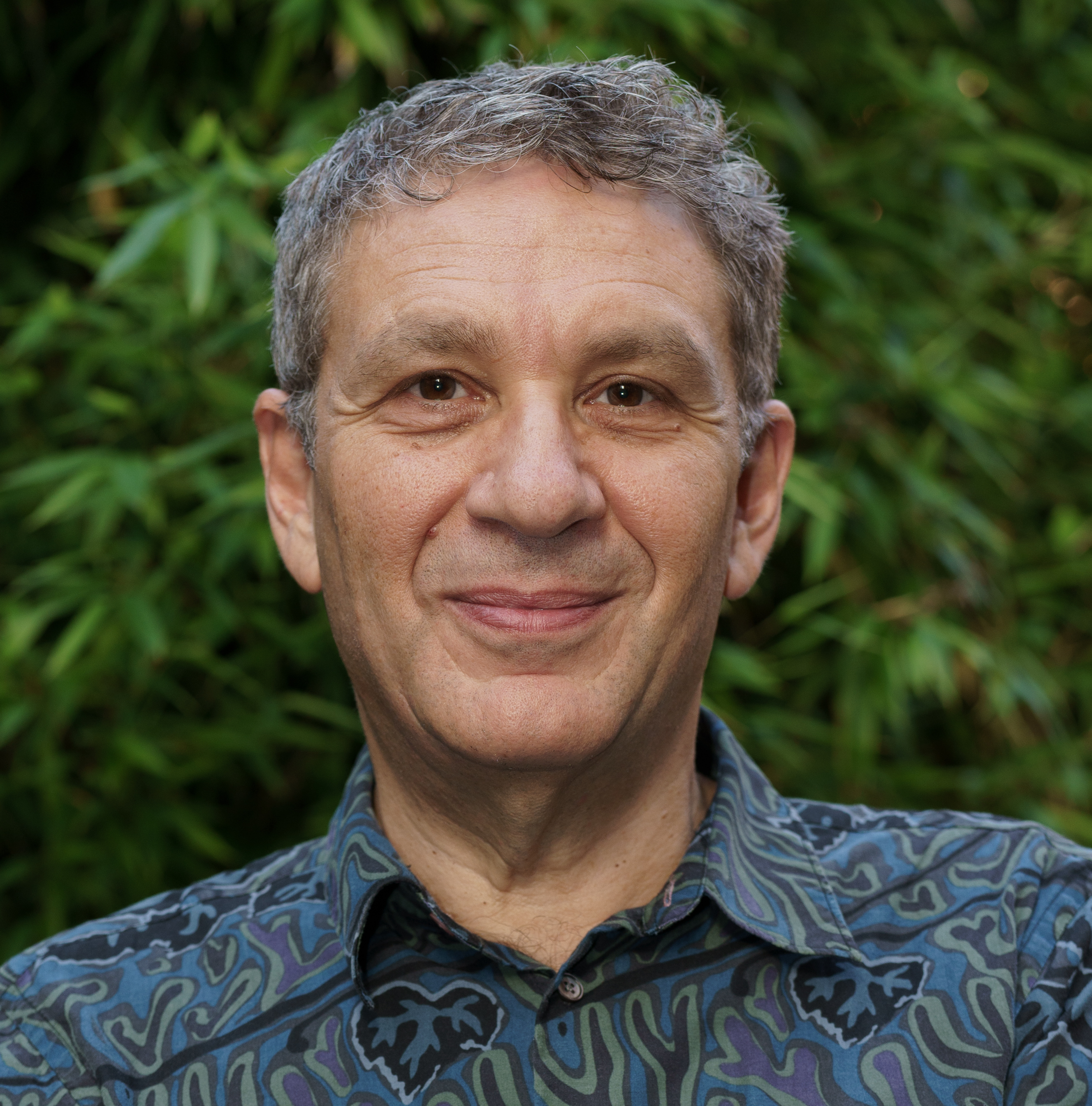
|
Through a series of 222 photographs and a separate conceptual narration, this intermedial and semi-performative presentation discusses the pervasive, toxic presence of anthropochemicals and the search for alternative substances.
Dimitris Papadopoulos is Professor of History of Consciousness in the Department of History of Consciousness, University of California, Santa Cruz. His most recent books include Ecological Reparation. Repair, Remediation and Resurgence in Social and Environmental Conflict (Bristol UP 2023); Reactivating Elements. Chemistry, Ecology, Practice (Duke UP 2021); Experimental Practice. Technoscience, Alterontologies and More-Than-Social Movements (Duke UP 2018). He is currently completing a monograph entitled Substance and its Milieu. Anthropochemicals, Autonomy, and Geo-Ecological Justice and a theory photobook entitled Landscape After the Event. Constructivist Photography and the Vision of Abolition.
Sympoiesis is a simple word; it means “making with.” We live in a profoundly sympoietic world. This talk begins with Lynn Margulis (1938-2011), a multi-faceted biologist who co-founded the view of Earth as Gaia, a planet with wildly improbable gas ratios and with sustained, unlikely equilibria that only living beings could account for. Margulis thought that if bacteria had not already accomplished something, it was hardly worth doing. Indebted to Margulis, I explore the work of three contemporary biologists who together demonstrate the crucial game-changing ideas and research practices essential to partial healing on a damaged planet. The talk concludes by moving more deeply to naturecultures in the sympoiesis of the living and the dead and the vital practices of strong mourning.
Donna Haraway is Distinguished Professor Emerita in the History of Consciousness Department at the University of California Santa Cruz. She earned her PhD in Biology at Yale in 1972 and writes and teaches in science and technology studies, feminist theory, and multispecies studies. She has served as thesis adviser for over 60 doctoral students in several disciplinary and interdisciplinary areas. At UCSC, she is an active participant in the Science and Justice Research Center and Center for Cultural Studies.
Attending to the intersection of biology with culture and politics, Haraway’s work explores the string figures composed by science fact, science fiction, speculative feminism, speculative fabulation, science and technology studies, and multispecies worlding. Her books include Staying with the Trouble: Making Kin in the Chthulucene (2016); Manifestly Haraway (2016); When Species Meet (2008); The Companion Species Manifesto (2003); The Haraway Reader (2004); Modest_Witness@Second_Millennium (1997, 2nd ed 2018); Simians, Cyborgs, and Women (1991); Primate Visions (1989); and Crystals, Fabrics, and Fields (1976, 2004). Her books and articles are translated into many languages. Fabrizio Terravova made a feature-length film, titled Donna Haraway: Story Telling for Earthly Survival, ( 2016), and Diana Toucedo made Camille & Ulysse with Haraway and Vinciane Despret. With Adele Clarke she co-edited Making Kin Not Population (Prickly Paradigm Press, 2018), which addresses questions of human numbers, feminist anti-racist reproductive and environmental justice, and multispecies flourishing.


